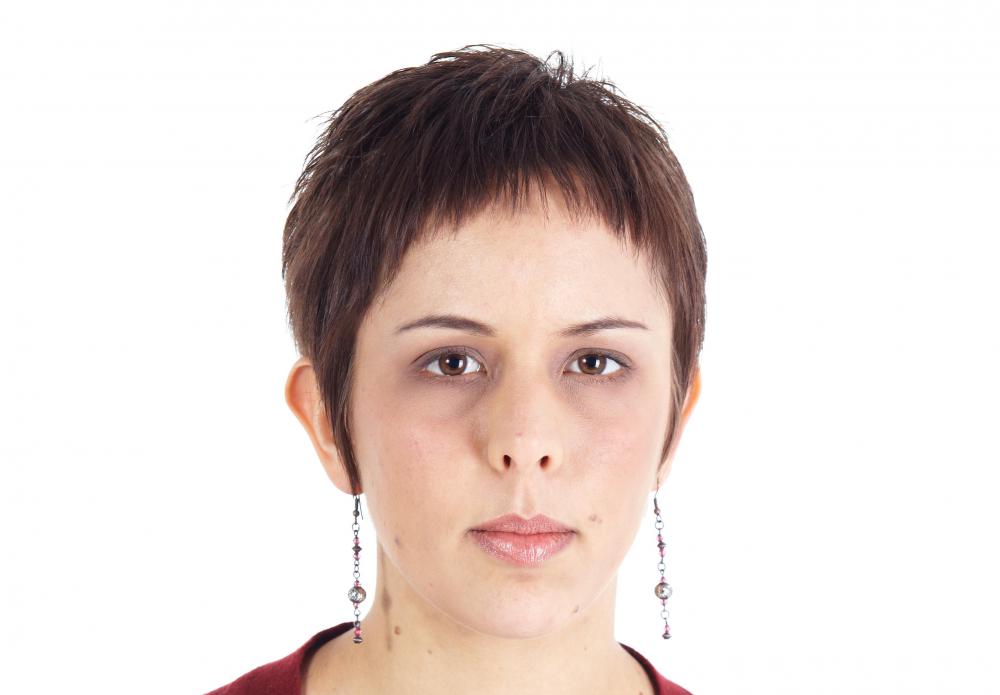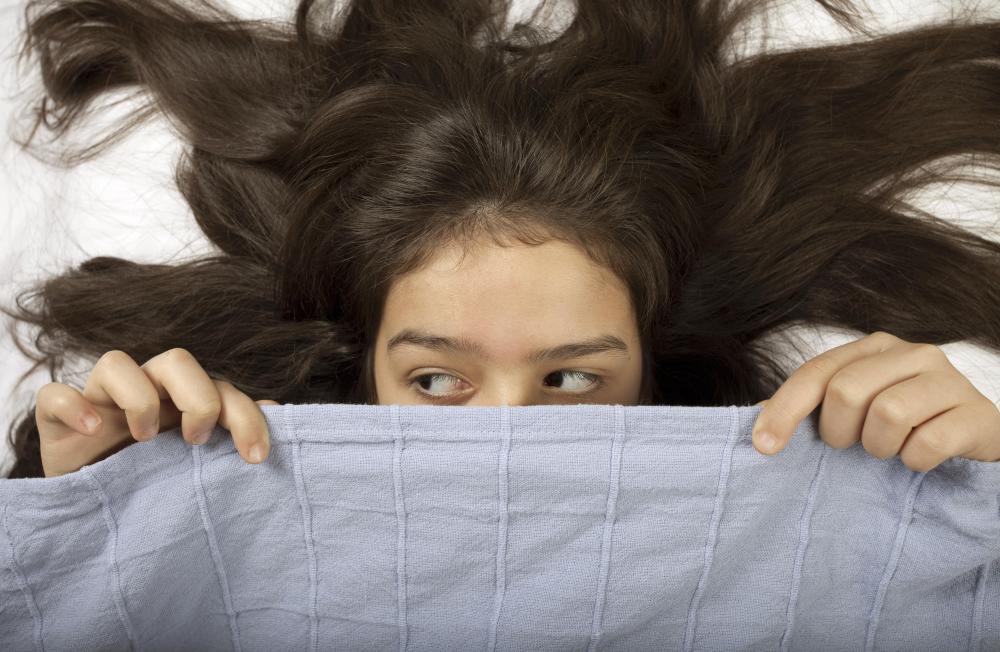At TheHealthBoard, we're committed to delivering accurate, trustworthy information. Our expert-authored content is rigorously fact-checked and sourced from credible authorities. Discover how we uphold the highest standards in providing you with reliable knowledge.
What is Undifferentiated Schizophrenia?
Undifferentiated schizophrenia is a mental disorder which is part of the family of disorders broadly known as “schizophrenia.” There are a number of subcategories of schizophrenia including paranoid schizophrenia, catatonic schizophrenia, disorganized schizophrenia, residual schizophrenia, and schizoaffective disorder; undifferentiated schizophrenia is often defined as a form in which enough symptoms for a diagnosis are present, but the patient does not fall into the catatonic, disorganized, or paranoid subcategories.
Schizophrenia is characterized by a lack of grounding in reality, known as psychosis. People in a state of psychosis can experience hallucinations, delusions, and other events in which they break from reality. Individuals with schizophrenia experience psychosis and can also develop symptoms such as disorganized speech, lack of interest in social interactions, a flat affect, inappropriate emotional responses to situations, confusion, and disorganized thinking.

Patients with undifferentiated schizophrenia do not experience the paranoia associated with paranoid schizophrenia, the catatonic state seen in patients with catatonic schizophrenia, or the disorganized thought and expression observed in patients with disorganized schizophrenia. However, they do experience psychosis and a variety of other symptoms associated with schizophrenia, including behavioral changes which may be noticeable to family and friends.

This mental disorder is challenging to diagnose, and it can take weeks or months to confirm a diagnosis of schizophrenia. During this process, other causes for the symptoms are ruled out, and the patient is observed to collect information about changes in the patient's personality, modes of expression, and mood. Family members and friends may also be interviewed and asked for information with a goal of painting a more complete picture of what is going on inside the patient's mind.

There are a number of treatment options available for undifferentiated schizophrenia. Patients can discuss treatment options with their physicians, although it is important to be aware that it can take time for treatment to be effective. Once patients start experiencing a change, they may require periodic adjustments to their medications and treatment regimen to respond to changes they experience over time. Undifferentiated schizophrenia cannot be cured, but it can be managed with a cooperative effort.

It is important to be aware that managing schizophrenia requires a lifetime commitment which includes regular appointments with psychiatric professionals for evaluation. Patients may want to meet with several physicians to find a regular doctor they feel comfortable with, as every medical professional has a slightly different approach to schizophrenia treatment and it is important to have a doctor who is trustworthy to provide treatment.
AS FEATURED ON:
AS FEATURED ON:

















Discussion Comments
I was diagnosed with undifferentiated schizophrenia when I was 15 years old. I have taken drugs prescribed by my psychologist. At present, I am maintained with fluphenazine decanoate with a .5cc dose. What are the adverse effects of this drug to my health? I am now 31 years of age.
I have schizophrenia, diagnosed as undifferentiated, and I exhibit some symptoms from all categories, including paranoia and catatonic tendencies, as well as some disorganized thinking such as thought blocking, echolalia and occasionally, word salad.
Since the brain is split down the middle in all humans, does that mean we are all essentially "schizoid"?
I think most people do not realize that the human brain it constructed to be schizoid! The left half is basically the intellectual side and the right half is basically the emotional side and underneath those two is the cerebral cortex that is primarily responsible for will-power motivation.
The term "twisted thinking" could even truly derive from the coiled construction of the brain mass which shows that, like digestion activity, thinking and feeling are not linear and the only times our brains are engaged in a straight-line "activity" is when they are not functioning because we're dead!
Many people do not understand anything relating to schizophrenia, let alone differences between undifferentiated and other forms.
For example, many people still believe schizophrenia is the same as split personality disorder, which is an entirely different illness.
I believe that undifferentiated schizophrenia treatment, indeed treatment for any form of this illness, will be held back until popular culture and the general public better understand the disease, and can therefore better relate to and better identify those with undifferentiated schizophrenia symptoms who may have fallen through the cracks.
@panda2006, while people with undifferentiated schizophrenia do not suffer some of the symptoms, such as paranoia, they do experience the schizophrenia delusions and voices which are a part of psychosis.
This psychosis can be bad enough, as it can lead people to doubt the differences between reality and fantasy, causing a sort of paranoia in itself.
With schizophrenia symptoms being so utterly disparate between patients as it is, I can imagine it would be difficult to diagnose undifferentiated, though it generally seems at least somewhat milder than other forms of schizophrenia. In fact, I would not be surprised if it was in fact more common than any other form of the disease, and merely less documented due to its variance in symptoms.
Post your comments